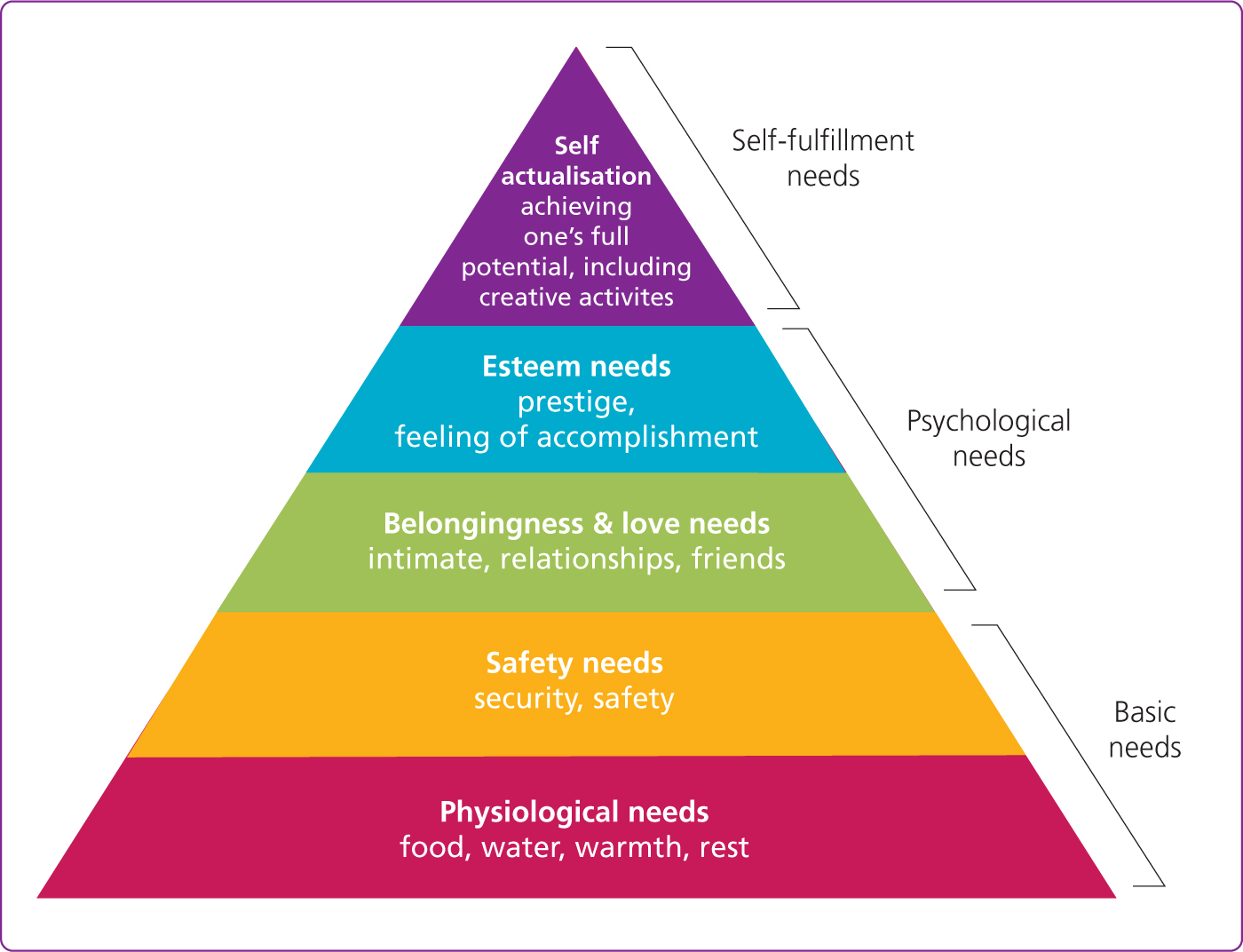
 The success or failure of local high streets or fluctuations in the amount of disposable income will affect the demand for products and services
The success or failure of local high streets or fluctuations in the amount of disposable income will affect the demand for products and services
Economics is about understanding people and their journey through life, particularly how they earn a living and spend their income. By restricting the view to finances, economists can identify what behaviours and motivations cause a person to start a business, save for retirement or spend more on luxuries. From this, they can build complex models that attempt to explain the potential impact that national and global politics will have on spending power and priorities.
While it is impossible to predict individual behaviour, human group behaviour can. For example, enough people buy milk from the supermarket to enable the supermarket to predict how much milk it needs on a daily basis. The distributor predicts that farmers will offer milk for sale and how much it will need to keep its customers happy, and farmers will create products based on the distributers interest in purchasing it. No one oversees the whole process, as such, it just happens and is based on predictable behaviour.
As a general rule, each individual does not necessarily promote the public interest directly—they only tend to look after the security and prosperity of their own family and purchase products that support that. Maslow's hierarchy of needs gives a good indicator to what drives humanity as a group (Figure 1). Lower-level needs, such as physiological and safety needs, must usually be met before the group will attempt to fulfil higher level needs.
 Figure 1. Maslow's hierarchy of needs
Figure 1. Maslow's hierarchy of needs
Economists develop a simplified model of this and try to estimate how certain events will impact the economy by analysing large volumes of data. Of course, they know that their model will only work for an average scenario and develop an insight into what will cause it to fail.
Needless to say, understanding how the economy impacts the target audiences for medical aesthetic clinics is essential. The success or failure of local high streets or fluctuations in the amount of disposable income will affect the demand for products and services. Therefore, it is worth having a basic understanding of some economic principles, to be aware of the opportunities and threats they present.
Two fundamental economic principles
Two fundamental principles define economics. First, people take advantage of incentives: good opportunities are almost always exploited. The second principle is that every sale is also a purchase, and both sides have to add up. When both rules are taken into account, tremendous insight is gained into how economies work (Krugman, 2021).
If people do not take an opportunity to improve their economic standing, they are likely be missing something. If we take a look at the relationship between a farmer and a landlord, a farmer wants to cultivate the land where they will raise the best crops, and the landlord wants to charge the highest rent that the farmer is willing to pay. The quality of the land determines what value yield the farmer can gain from growing crops. If the landlord significantly raises the price, the farmer could earn more money on cheaper, less productive land. Conversely, if the farmer demands the landlord reduces the rent, they could evict the farmer and offer the plot to a farmer on lower yield (and cheaper) land. Either way, there is a narrow range where both the farmer and landlord benefit, and this potentially is not set by either of them. The only thing that can change this is not being aware of the opportunities available to them.
» Being aware of the relationships between clinics and patients and environment will allow practitioners to react quickly to the threats and opportunities that arise as local economies change «
The second principle is that every sale must have a purchaser and consumer spending, or the economy goes into recession. An example of working and failing is the babysitting co-operative. Instead of employing expensive babysitters, a group of parents decided to create tokens they could trade to either earn by babysitting for 30 minutes or spend by dropping their children off with a parent in the co-operative to ensure parity. However, the system soon ran into a problem: everyone wanted to save their tokens to spend on a night out. Due to this, people were less willing to use their tokens, making them scarcer and causing a mini recession for the co-operative. How did the co-operative solve their recession? They printed more tokens and shared them out.
How does these rules apply to clinics? In the main, people engaged in a particular socio-economic class should always have a set amount of disposable income, although there will be times when the economy re-adjusts. If there is a lack of public confidence in the economy, people will tend to spend less. A potential option to get through this problem is offering incentives to keep them spending.
The role of central banks
Technically, the international role of central banks is to achieve full employment and price stability. In reality, the inflation target is normally around 2%, and the aim is to keep employment as low as possible without pushing up inflation. An economy that produces too little will suffer from high unemployment, whereas an overactive economy will see widespread increases in prices of most goods, as demand outstrips supply, which causes inflation.
One of the most critical values used to determine the strength of the economy is the gross domestic product (GDP). It represents the following concepts:
- The value of everything produced in the economy
- The value of everything that is purchased in the country, plus net exports to other countries
- The income of all businesses and individuals in the country.
As everything needs to be produced first and then sold, these values are all similar. If the GDP rises, it signifies that incomes are rising and consumers are purchasing more, whereas a falling GDP usually indicates that incomes are falling, which, in turn, may lead to a lack of consumer confidence. While high interest rates may be good for savers, it is generally bad for the economy. Lower interest rates encourage more spending on consumer goods and invest more in longer-lasting assets, such as houses, cars and equipment. When interest rates are low, people tend to place their money into shares or bonds, hence investing in the economy.
Increases in GDP and lower interest rates normally mean good consumer confidence, and, therefore, more increased spending on luxury goods, which has a positive impact on clinics.
Technological progress
It is worth mentioning how our economy has transitioned from a manufacturing economy to a service-based one. This can be an extremely challenging time for people whose careers started in the manufacturing sector and have found the economy shifting to before they are able to retire. This does not mean a destruction of jobs, but job rebalancing. It will cause some pain as the economy evolves, but, in the long run, it also means more prosperity.
Most people have benefited personally from this change—consider the job types and lifestyles that many parents and grandparents had. Service sector jobs, including healthcare and medical aesthetics, continue to improve overall due to this.
Conclusions
Awareness of how the local and national economy impacts sales is a useful tool for any entrepreneur. While having an understanding about the maths involved is helpful, economies are about people and its impact on them.
Being aware of the relationships between clinics and patients and environment will allow practitioners to react quickly to the threats and opportunities that arise as local economies change.



